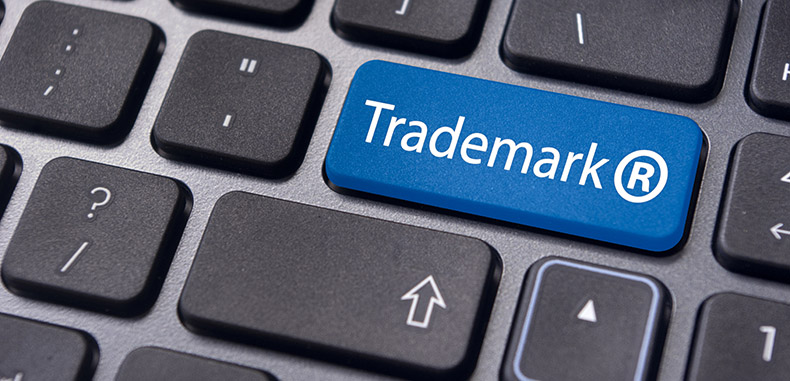In Brazil, the Industrial Property Law (L. 9.279 / 96) prohibits, by means of its article 124, VI, the registration of trademarks that consist of signs of a generic, necessary, common, vulgar or descriptive character in relation to products or services they want to distinguish.
The principle of distinctiveness is a fundamental condition for a trademark, that is, the assessment by the BRPTO (INPI) takes into account the distinctive capacity of the expression under examination. The prohibition on registering expressions considered as non-distinctive is for the simple reason that such elements will not be seen as a trademark by the consumer. In addition, allowing owners to have trademarks composed of a common sign to exist would generate an unfair monopoly.
The trademark manual (created by the BPTO) defines the types of non-registerable signs:
- Generic sign is a “term or nominative expression or its graphic representation that (without being necessary in relation to the product or service or indicative of nature, nationality, weight, value, quality and time of production or service provision) designates the category, the species or the genre to which a given product or service belongs, and cannot individualize it, under penalty of violating the right of competitors.” As an example, “FOOD” to indicate food products;
- Necessary sign is a “term or nominative expression or the indispensable figurative element to designate or represent the product or service, or even its inputs.” As an example, “OLIVE OIL” to indicate olive oils;
- Common character sign is a “term or nominative expression or figurative element that, although it does not correspond to the name or representation by which the product or service was originally identified, has been enshrined, for current use, for this purpose, integrating, thus, the commercial language.” As an example, “CAR” to indicate cars;
- Vulgar sign is composed of a “Slang, popular or family names that also identify a product or service.”

However, there is an exception regarding the registration of generic, common, vulgar or descriptive trademarks:
Art. 124. The following cannot be registered as a trademark:
VI – a sign of a generic, necessary, common, vulgar or simply descriptive character, when related to the product or service to be distinguished, or that commonly used to designate a characteristic of the product or service, as to its nature, nationality, weight, value, quality and time of production or service provision, unless they are sufficiently distinctive.
Such a reservation allows generic, necessary, common, vulgar or descriptive terms to be registered in case they are sufficiently distinctive. That is, these non-distinctive terms can be registered if they are accompanied, for example, by a sufficiently distinctive logo.
Thus, art. 124, VI serves to prohibit a holder from preventing his competitors from using terms directly related to products and services. However, it still allows owners who use these types of expressions, accompanied by a sufficiently distinctive logo to have the trademark registered.
—
Author: Laís Iamauchi de Araujo, Associate Lawyer at Peduti Advogados.
Source: Manual de Marcas
—
“If you want to learn more about this topic, contact the author or the managing partner, Dr. Cesar Peduti Filho.”
“Se quiser saber mais sobre este tema, contate o autor ou o Dr. Cesar Peduti Filho.”




